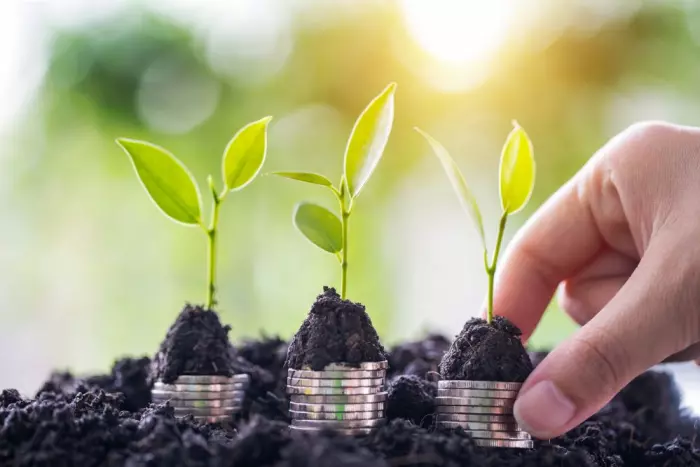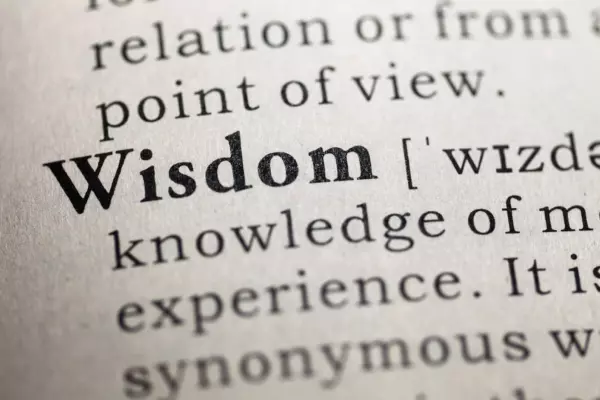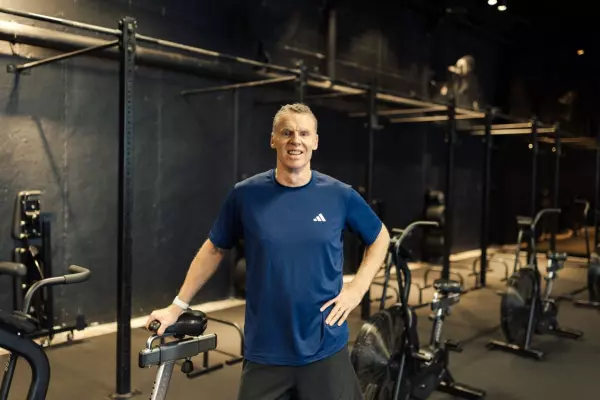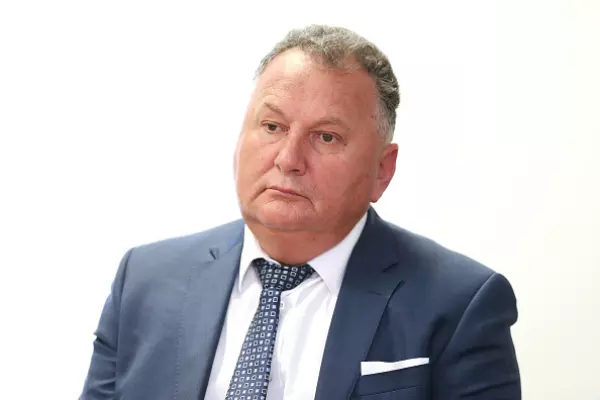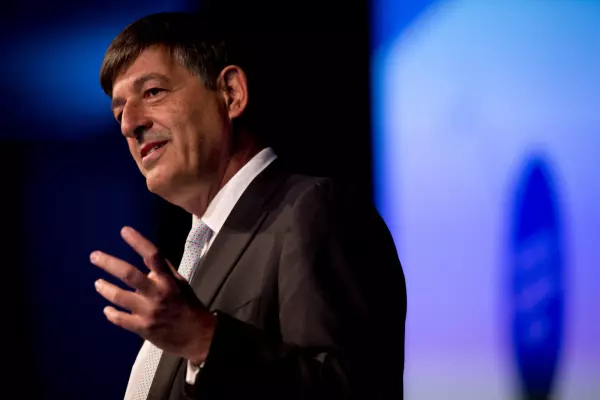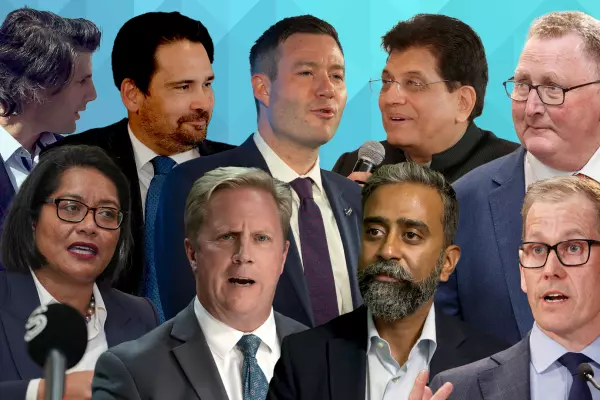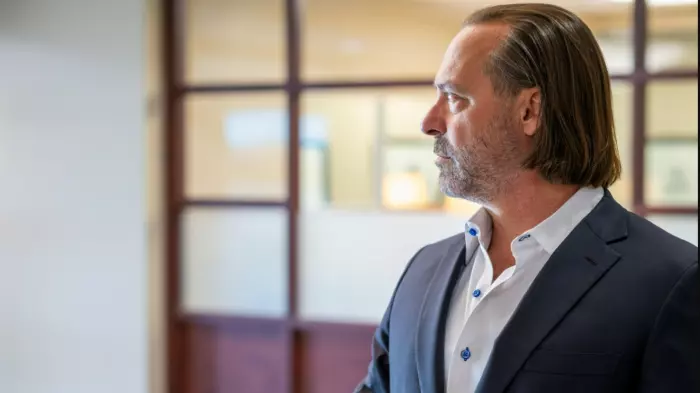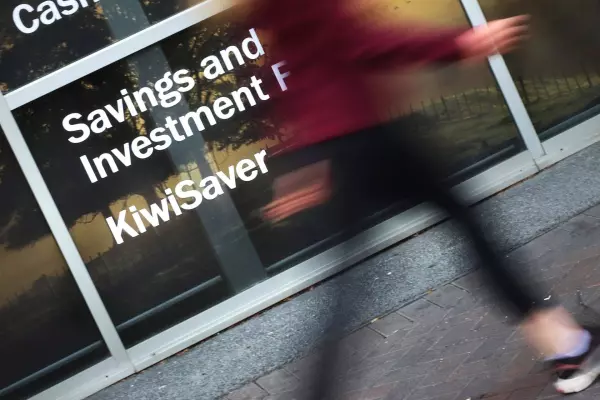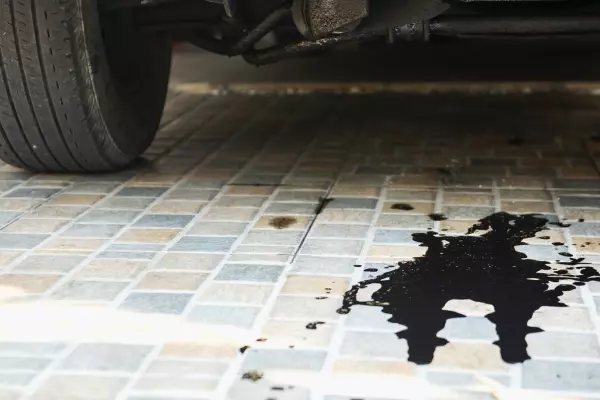Mindful Money has helped thousands of New Zealanders to switch KiwiSaver providers since 2019 and shifted more than $100 million into more ethical funds along the way. But founder Barry Coates thinks this is just the start of the ethical investment revolution that’s coming for the finance industry.
“No one thinks that their KiwiSaver fund might be contributing to military weapons or fossil fuels – but KiwiSaver money is still being invested in these areas,” he said. “It’s one of the most basic questions to know: where exactly is your KiwiSaver money going?”
A 2021 report from the Financial Markets Authority (FMA) showed that $81.6 billion was being managed across 31 KiwiSaver providers in NZ, while stats from the Inland Revenue Department (IRD) from May of this year showed that 3.2 million people are enrolled in KiwiSaver – a 3% increase from a year earlier.
But Coates said the fact most people in KiwiSaver schemes have little to no idea what their funds are actually being invested in is one of the main issues facing KiwiSaver investment today.
“Take when Russian troops invaded Ukraine: there were so many KiwiSaver investors that were invested in Russian government bonds or companies associated with [President Vladimir] Putin – which most people had no idea about until Mindful Money revealed it,” he said.
“That’s the space where Mindful Money fits in. We want to make money a force for good and to ensure people feel good about where their money is going. People are now starting to realise they can make just as much from their ethical investments as they did from more harmful ones.”
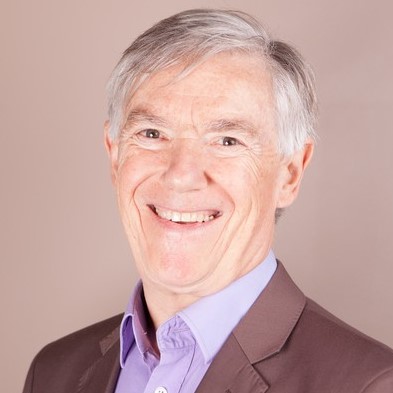 Barry Coates: keen for KiwiSaver funds to join the ethical-investment movement. (Image: Mindful Money)
Barry Coates: keen for KiwiSaver funds to join the ethical-investment movement. (Image: Mindful Money)
Coates said he’s worked in the sustainability sector for most of his career – ranging from economic development work for the government of Sāmoa, environmental work for the World Wildlife Fund (WWF), 10 years as Oxfam NZ’s executive director, and a short stint as a Green party list MP.
After his exit from politics in 2017, he was keen to jump into the world of sustainable investment and saw creating Mindful Money as a way to push for better action around KiwiSaver schemes that were pouring millions into investments linked to fossil fuels, military weapons and human rights violations.
“Particularly having worked for years on climate change, it seemed to me like the time was right for a significant shift in finance from bad stuff to the good stuff,” he said.
That was in 2019, and three years later, Mindful Money is a registered charity that’s helped to move more than $100m in KiwiSaver and investment funds, assisted thousands of New Zealanders to change providers and encouraged a fair few fund managers jump into the ethical investment pool.
“Those numbers are accelerating as more people become aware of us,” Coates said.
'Layers of an onion'
“We have this idea of the market being a little bit like the layers of an onion,” Coates said. “Those who are informed and aware are the first layer and then they tell others.”
Breaking down those market layers is a big part of the job at Mindful Money, but he believes that if people can switch up their mindset around sustainable investment, they’ll not only be kinder to the environment while doing it but actually make more money along the way.
This is where Mindful Money comes in, he said, to provide consumers with online tools to check out their KiwiSaver and investment funds themselves and see what their retirement or future house savings are actually being invested in.
“We’ve got the goal of engaging, educating and empowering consumers in that order and to be able to use consumer leverage to push for investments which will shift from investing in harm to investing for positive impact. We’re shifting the behaviour of the investment sector and providers but more importantly, we’re shifting consumer behaviour, which is where the power for change comes from.”
The pandemic effect
People have been much more concerned about their KiwiSaver funds since the pandemic started in 2020, Coates said, which he attributes to covid-19 interrupting so many lives – as well as their carefully planned-out futures.
“It’s disrupted the usual kind of working life. People started to feel that their health is important and so is the state of climate change and the rest of the world.”
In Coates' eyes, that change has been good for the sustainable investment sector. “People are now starting to understand that it's not just easy – and free – to change a KiwiSaver but going into an ethical KiwiSaver is not going to be a trade-off or [earn a] lower return,” he said.
“In fact, it’s quite the reverse, as we’ve seen ethical funds over the past 20 years have been associated with returns that are as high or higher than conventional funds.”
Building consumer power
While thousands of Kiwis are using Mindful Money to get educated about their KiwiSaver, there are also the KiwiSaver providers themselves that are starting to wake up to the fact that their customers are not only caring where their money is going, but caring enough to take their funds somewhere else if they don’t think their provider is doing enough, Coates said.
“From the very beginning of all this, our approach has always been to say, how can we define the levers that are really going to produce change.”
Coates has a lot of hope for the future of sustainable investment and how it can change the traditional investment sector for the better.
“But we’re still playing catch-up,” he said. “Kiwis pride themselves on being green and clean – but if we did that from an investment perspective, we would attract more international investors to fund climate change, sustainability and social progress in NZ.”
He said it’s well known that Kiwis don’t like change – and have been slow to change their KiwiSaver and other investments – but change is coming. It just needs to be at a faster pace.
“At the moment, we’re the disruptor. We're making the connection between the consumers and the industry – and we're providing incentives for fund managers to jump on board this mission with us.
“That’s one of the ways we're going to shift the industry and shift finance towards real solutions.”


